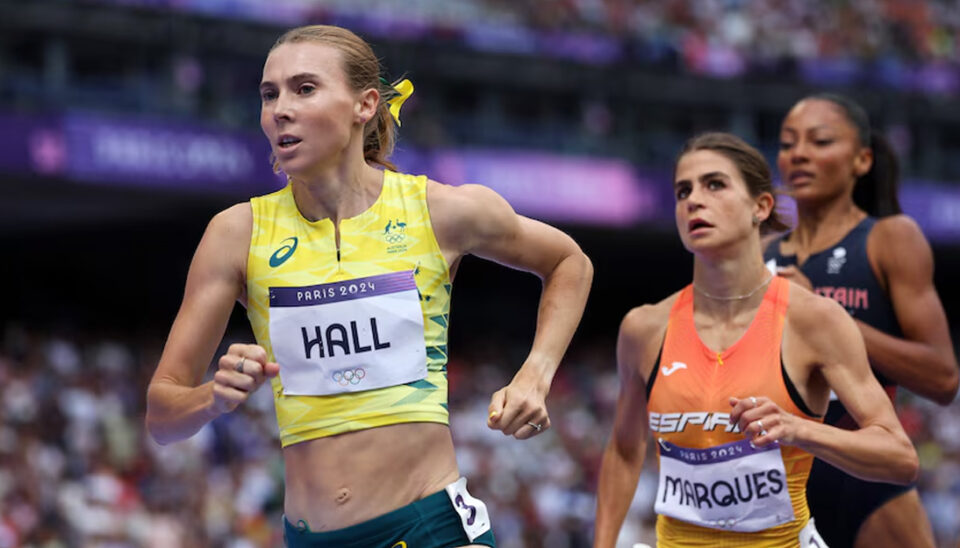Australian Olympian Linden Hall has voiced her concerns surrounding World Athletics’ introduction of chromosome testing for female athletes.
Hall’s comments come after World Athletics president Sebastian Coe confirmed the approval of the introduction of cheek swabs and dry blood-spot tests for female athletes in order to maintain “the integrity of competition”.
The planned changes include reinstating a version of chromosome testing that was discontinued in the 1990s, and require athletes who compete in the female category to submit to a cheek swab or dry blood-spot test for the presence of a gene that indicates whether the athlete has a Y chromosome present in males.
Coe told a news conference that athletes would have to take the test just once during their career.
Hall, who has competed in the women’s 1500m in three Olympic Games and also sits on the Australian Athletics Athletes’ Advisory Committee, believes athletics is heading into a “really tricky space” with the introduction of chromosome testing.
Paris Olympic medallists such as Julien Alfred, Gabby Thomas and Brittany Wilson will all be required to undergo the chromosome testing once in their careers under the new World Athletics rules. (Getty Images: Li Gang)
“I definitely have some concerns over athlete welfare in that space,” she told ABC Sport.
“It seems a bit too close to medical information and things like that. I’m not sure of the processes and how it’s all going to be done. But I just hope it’s done appropriately and with care and respects the athletes’ privacy.
“I think that’s a really tricky space that you’re wandering into if someone’s all of a sudden no longer allowed to compete, that’s basically putting their medical information out there and I don’t think that is amazing for an athlete.”
“[Athletics has] such a diverse range of events and body types and shapes that it suits so has a place for everyone. That’s something that is important to athletics, especially [at the] community and school level.
Coe, the two-time Olympic champion who was unsuccessful last week in his bid to become IOC president, has been vocal about “protecting the female category” in track and field.
He has said the International Olympic Committee needs to take a leadership role in the transgender debate instead of letting each individual sport decide its own regulations.
“It’s important to do it because it maintains everything that we’ve been talking about, and particularly recently about not just talking about the integrity of female women’s sport, but actually guaranteeing it,” he said after a two-day meeting of the World Athletics Council in Nanjing.
“We feel this is a really important way of providing confidence and maintaining that absolute focus on the integrity of competition.”
It is unclear whether the tests will be in place before the world championships in September. Coe said the new regulations would be drafted and a testing provider would be confirmed over the next few weeks.
World Athletics president Sebastian Coe wants to maintain “the integrity of the competition” in women’s events by implementing chromosome testing. (Getty Images: Fabrice Coffrini)
World Athletics, which in 2023 banned transgender athletes who had transitioned male to female and gone through male puberty, announced in February proposed recommendations that would apply strict transgender rules to athletes who were born female but had what the organisation described as naturally occurring testosterone levels in the typical male range.
Those recommendations came only days after US President Donald Trump signed an executive order barring transgender athletes from competing in girls sports in the US and pressured the Olympics to do the same. Los Angeles will host the 2028 Summer Games.
Asked whether World Athletics felt the policy would withstand legal challenges, Coe said he was confident after an exhaustive review.
“I would never have set off down this path in 2016–2017 to protect the female category in sport without being prepared to take the challenge head-on,” Coe said.
He added: “We’ve been to the Court of Arbitration on our DSD [differences in sex development] regulations. They have been upheld, and they have again been upheld after appeal. So we will doggedly protect the female category, and we’ll do whatever is necessary to do it.”

